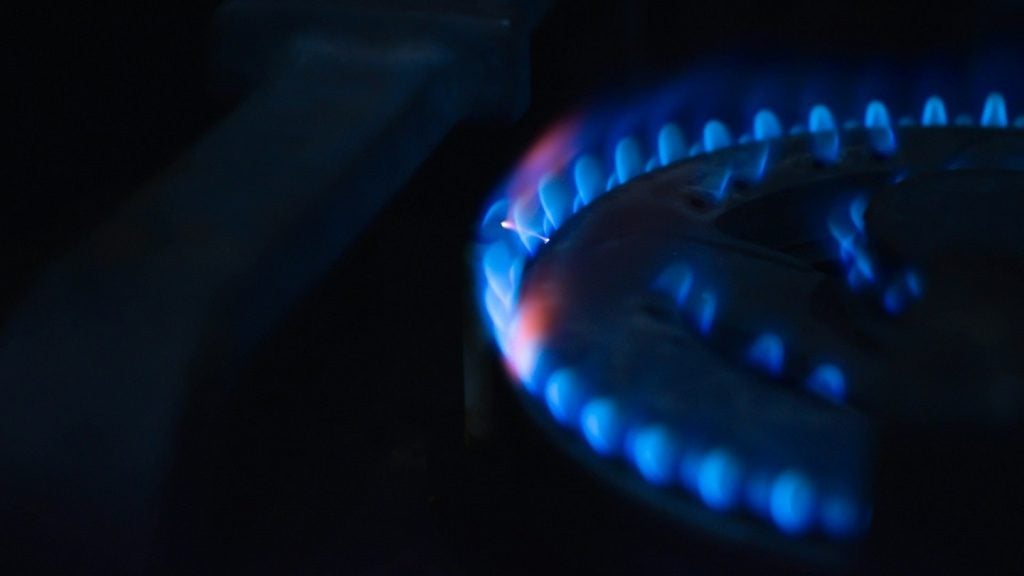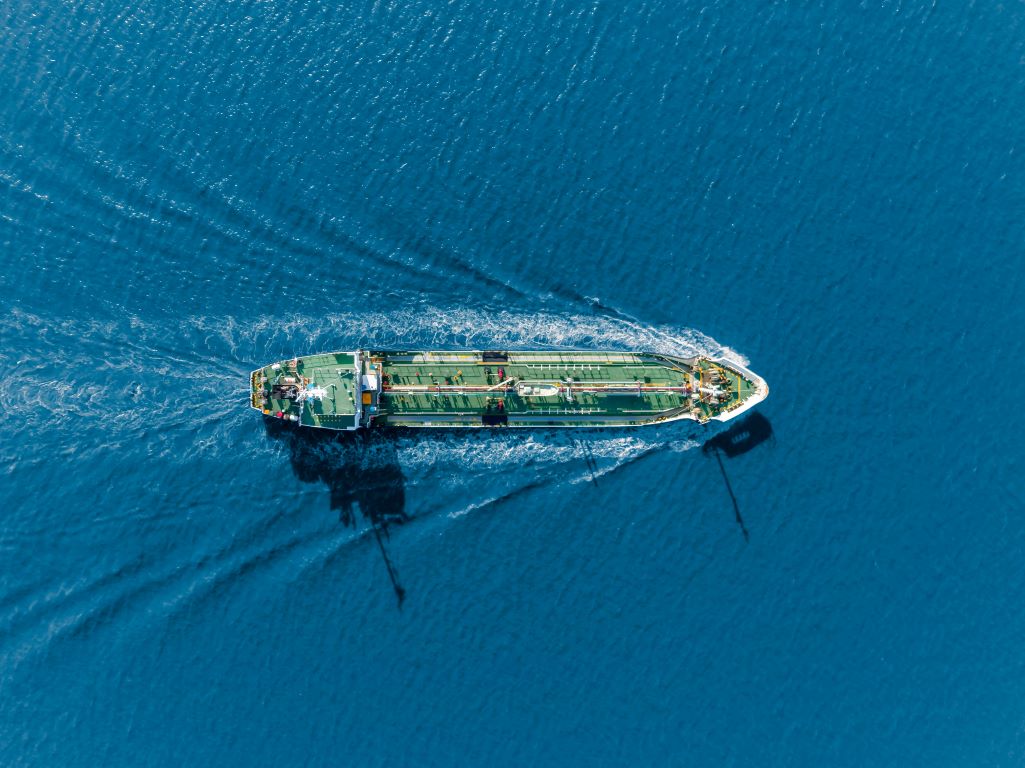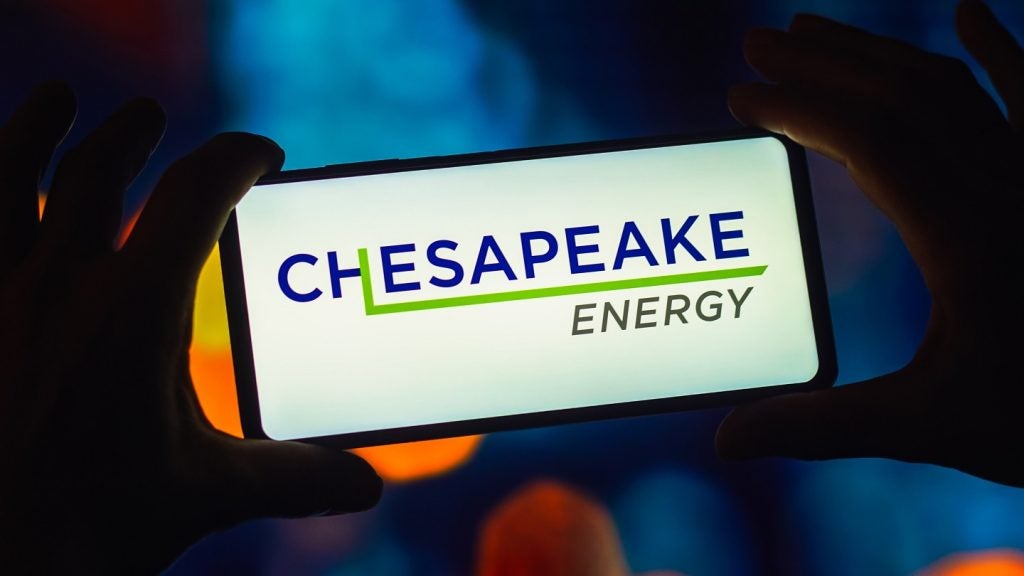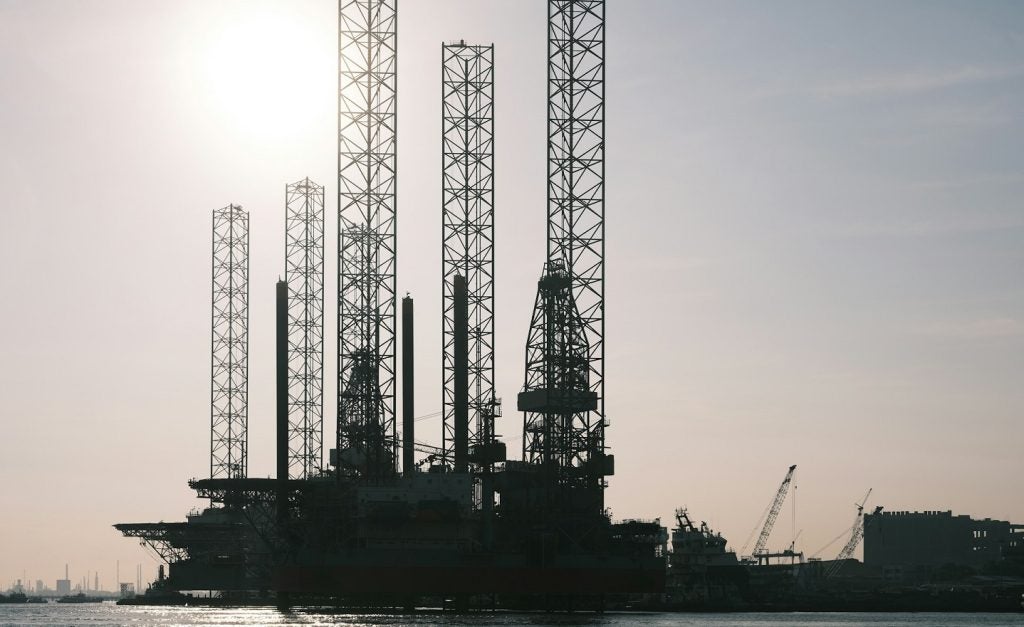Kenya is currently in negotiations with Saudi Aramco to secure a floating LPG facility, reported Bloomberg.
This move by President William Ruto's administration aims to increase the supply and lower fuel costs in Kenya.
According to state-owned Kenya Pipeline Company (KPC) CEO Joe Sang, the floating LPG ship, due to be situated off Mombasa's port, is expected to process 30,000 tonnes of fuel and will temporarily serve as a storage and bottling plant.
The interim LPG facility is set to strengthen the gas supply chain as Kenya commences the construction of a permanent LPG plant, which is anticipated to take three years to complete.
Within the next two months, Kenya will issue tenders for the construction of this permanent facility, Sang revealed during an interview in Kigali, Rwanda.
This initiative is part of President Ruto's commitment to reduce the cost of cooking gas, which includes a 2023 pledge to cut the price of a 6kg cylinder by approximately 90%.
As part of the agreement with Aramco, Kenya will construct a 4km pipeline connecting the LPG facility to a terminal for docking ships.
Additionally, KPC has entered into a transport and storage agreement with Uganda National Oil Company.
Starting from June, KPC will handle the transportation of Uganda's oil, procured directly through Vitol Group, as stated by Sang.
The two nations are also considering the possibility of extending a fuel pipeline from Eldoret in Kenya to Kampala in Uganda.
In a separate development, Aramco has signed a contract with Pasqal, a neutral atom quantum computing company, to set up the first quantum computer in Saudi Arabia.
This agreement involves the installation, maintenance and operation of a 200-qubit quantum computer, set to be deployed in the second half of 2025.
Additionally, in 2023, Aramco's Wa'ed Ventures participated in Pasqal's Series B funding round.















